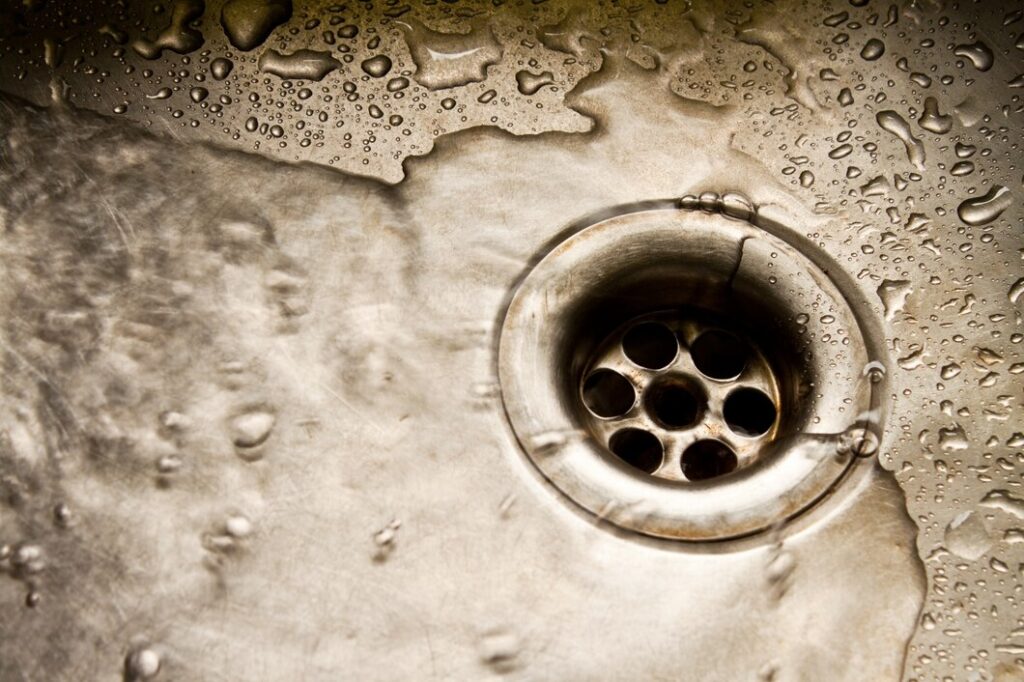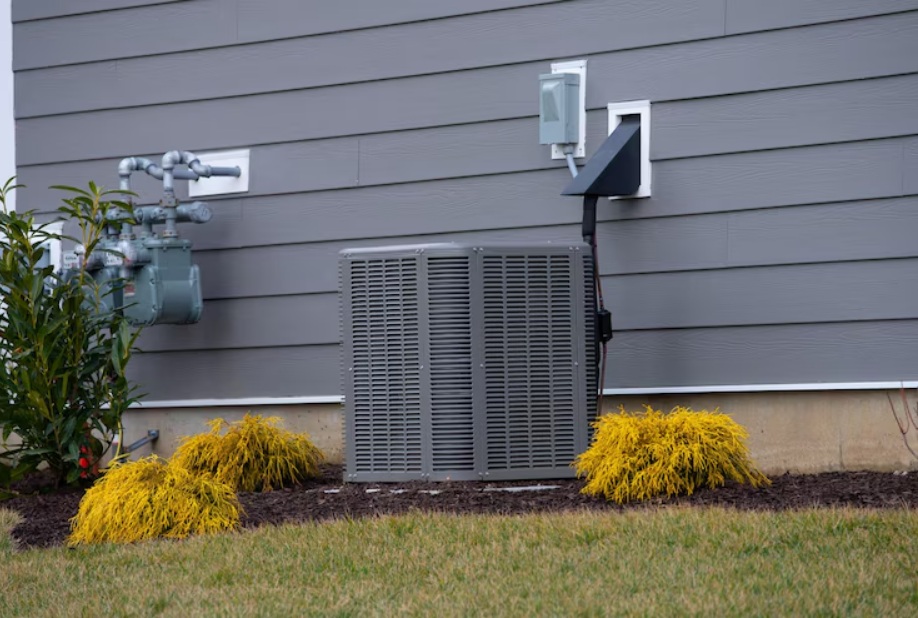Keeping your drains clean is essential for maintaining a healthy and efficient plumbing system. Over time, blockages can form in the pipes, leading to slow drainage or even complete clogs. These issues can cause significant disruptions and may result in costly repairs if not addressed promptly. Understanding how to clean your drains effectively can save you both time and money.
Let’s explore the importance of regular drain cleaning, share some effective DIY tips, discuss useful tools and products, and identify when it’s best to call our professionals for help. By following these guidelines, you can maintain clear and efficient drains, preventing future clogs and keeping your plumbing system in excellent shape.
Understanding The Importance Of Regular Drain Cleaning
Regular drain cleaning is crucial for preventing the accumulation of debris in your pipes. Over time, hair, soap scum, food particles, and other materials can build up, causing blockages. These blockages not only slow down water flow but can also lead to unpleasant odors and potential damage to your plumbing system.
Preventing clogs is easier and more cost-effective than dealing with full-blown blockages. When drains are regularly cleaned, water can flow smoothly, reducing the risk of overflow or backups. This helps maintain the integrity of your pipes and prevents leaks that can damage your home.
Furthermore, regular drain maintenance contributes to better hygiene. Clogged drains can become a breeding ground for bacteria and mold, posing health risks. By keeping your drains clean, you ensure a healthier living environment for you and your family. Regular cleaning also extends the lifespan of your plumbing system, saving you money on potential repairs and replacements.
DIY Drain Cleaning Tips
There are several simple yet effective methods you can use to clean your drains and prevent clogs. One of the easiest ways is to use hot water. Pouring a pot of boiling water down the drain can help dissolve and wash away grease or soap scum that may be causing a blockage.
A mixture of baking soda and vinegar is another powerful DIY solution. Pour half a cup of baking soda down the drain followed by half a cup of vinegar. Let the mixture sit for about 15 minutes before flushing it with hot water. This combination creates a fizzy reaction that can break down debris and clean the pipes.
Using a plunger is also an effective method for clearing minor clogs. Ensure there’s enough water in the basin to cover the plunger head, then use firm and consistent plunging motions to dislodge the blockage.
Maintaining your drains also means preventing clogs before they start. Use drain strainers to catch hair, food particles, and other debris. Regularly clean these strainers and avoid pouring grease, coffee grounds, or large food scraps down the drain. These practices can significantly reduce the risk of clogs and keep your drains running smoothly.
Tools And Products For Effective Drain Cleaning
Having the right tools and products on hand can make drain cleaning more efficient. One such tool is a drain snake or auger. This flexible tool can navigate through the pipes and break up or pull out clogs. It’s especially useful for deeper clogs that a plunger can’t reach.
Chemical drain cleaners are another option, although they should be used with caution. These products are effective in dissolving grease and hair but can be harsh on your pipes if used frequently. Always follow the manufacturer’s instructions and consider using them only for serious clogs.
Drain brushes are also helpful for manually scrubbing the inside of pipes. These brushes come in various sizes and can effectively remove buildup from the walls of the pipes. They are particularly useful for bathroom sinks and tubs where hair and soap scum often accumulate.
For regular maintenance, consider using enzyme-based cleaners. These products use natural bacteria or enzymes to break down organic material in the pipes. They are safe for your plumbing and the environment.
When To Call Professionals For Drain Maintenance?
While DIY methods are effective for minor clogs and regular maintenance, there are times when professional help is necessary. If you encounter stubborn blockages that don’t respond to home remedies, it’s best to call our professionals. Persistent clogs can indicate deeper issues within your plumbing system that require specialized equipment and expertise.
Strange noises or foul odors coming from your drains are also signs that it’s time to seek professional assistance. These symptoms can point to serious problems like pipe damage or sewer line issues. Our professionals have the tools and experience to diagnose and address these problems accurately.
Recurring clogs, despite regular cleaning efforts, also signal a need for professional intervention. Frequent blockages may indicate a more significant issue within the plumbing system that needs thorough inspection and repair. By addressing these problems early, you can prevent costly repairs and ensure your drains function correctly.
Conclusion
Maintaining clean drains is essential for a hassle-free plumbing system. Regular cleaning helps prevent common problems like clogs and slow drainage, ensuring smooth and efficient water flow. Simple DIY methods like using hot water, baking soda, and vinegar can effectively clean your drains, while proper tools and products offer more thorough solutions.
However, recognizing when to call our professionals is equally crucial. Persistent issues, strange noises, and recurring clogs often require expert attention. Our professionals have the tools and knowledge to address these problems, providing peace of mind and long-lasting results.
For expert plumbing services and drain cleaning in Birmingham, AL, look no further than Standard Heating, Cooling & Plumbing. Our skilled team is ready to help you maintain a smooth and efficient plumbing system. Reach out today for reliable and professional assistance.











